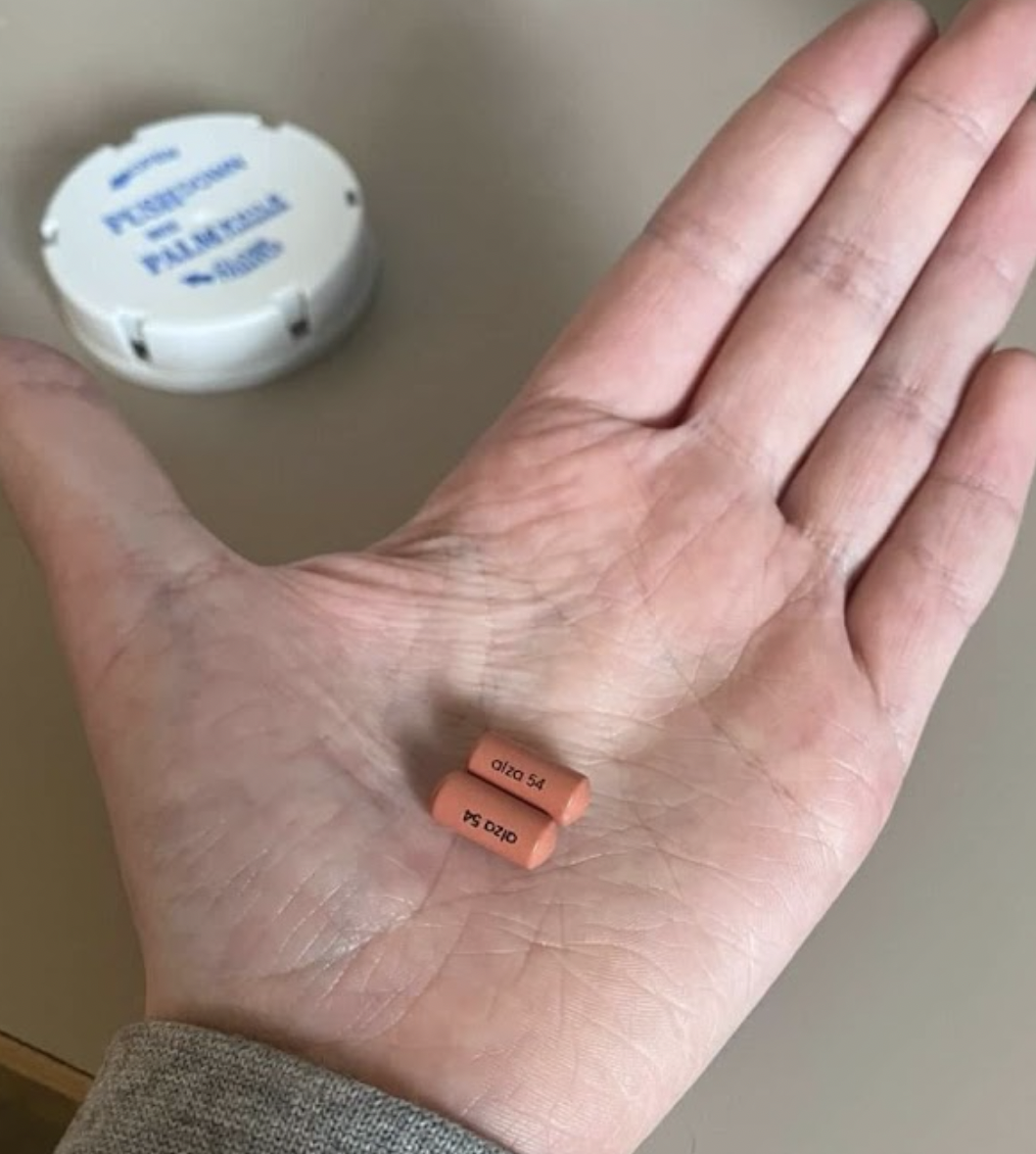
By Hannah Lee
In October 2022, the FDA announced a shortage of the drug Adderall, a type of stimulant medication commonly used to treat Attention Deficit Hyperactivity Disorder, or ADHD. Kylie Smyth, a senior majoring in Communications, is just one of many students at the University who is worried about the impact of the shortage. “I’m not saying it’s like insulin. I know that I can live without it. But I couldn’t live as successfully or as easily as I can with it,” said Smyth, who takes medication to help her focus.
It’s hard enough to get ADHD meds right now. I often forget to get my medicine until it’s two days before it runs out, you have to order in at least a week in advance,” Smyth said. ADHD meds are classified by the FDA as controlled substances called central nervous system stimulants. This kind of medication has been known to be used improperly and even cause addiction, which means that pharmacies are limited in how many of these pills they can dispense and how frequently a patient can refill their prescription.
Other medications, such as Ritalin and Concerta, have also faced shortages as people formerly on Adderall switch to other medications. In an official statement, the FDA stated that Teva, the company that produces the medication, was “experiencing ongoing intermittent manufacturing delays,” and that while some corporations are still continuing production, “there is not sufficient supply to continue to meet U.S. market demand through those producers.”
How does ADHD medication help those who take it? Smyth shared her own experience without ADHD medication, but it isn’t necessarily universal to everyone taking it. “Without medication, ADHD can feel like you don’t have a filter, in the sense that you don’t have the ten seconds before you think and do something and think about how that can impact yourself and others. Oftentimes, you can come across as impolite. ADHD can also feel like you have so many ideas you want to say and that you want to get them all out before you forget them, and that can look like talking too fast and interrupting other people in conversations,” Smyth said. She described being on medication as finally having a pause button. “I can go through my thoughts like ‘no, don’t say that,’” Smyth said. She also described being on medication as finally having a sense of autonomy over her brain and actions, whereas without medication, Smyth feels like she is not fully in control.
Not being on ADHD medication can affect multiple areas of people’s lives. In regards to being in class, Smyth spoke about how ADHD medication can suppress appetite; and that when she does not take her medication, all she can think about is food, which can affect concentration. “I will also get extremely frustrated because I can’t concentrate. Not that you wouldn’t be able to but that you don’t even want to try because you feel you won’t be able to,” Smyth said. She also spoke about hyper-fixating and how it can be partially regulated by medication. “Hyper-fixation is one of the effects of ADHD that is controlled by the medication, so when you’re not on it you can have these episodes of hyper-fixation that can last from 10 minutes to an hour when you’re fixated on something and you lose track of time,” Smyth said.
During the pandemic, more people were diagnosed with ADHD as a result of a loss of routine and structure throughout the day. More people needed medication, and the Drug Enforcement Administration (DEA) was unable to predict this sharp increase in need. With the rise of social media such as TikTok, more people are diagnosing themselves with ADHD and autism as videos of ‘if you do these things, you might have ADHD’ come across more people’s for you page. Smyth shared her opinion on self-diagnosing. “Don’t use self-diagnosis exclusively as reasoning for the behavior. It’s harder to be taken seriously when more people use ADHD as an excuse,” Smyth said. She also advocated for people to seek official sources for diagnostics, but understands that healthcare access can be an issue. Smyth also spoke about the importance of community and how there are resources available for those unable to get a diagnosis.
“I wouldn’t be able to live as fulfilling of a life without medication,” Smyth emphasized.
